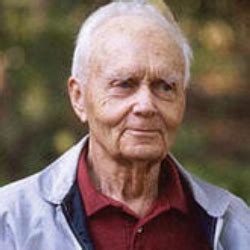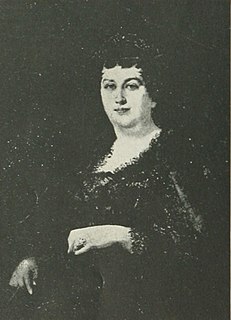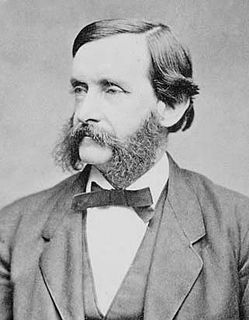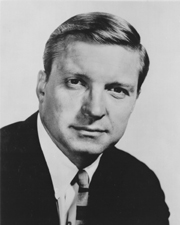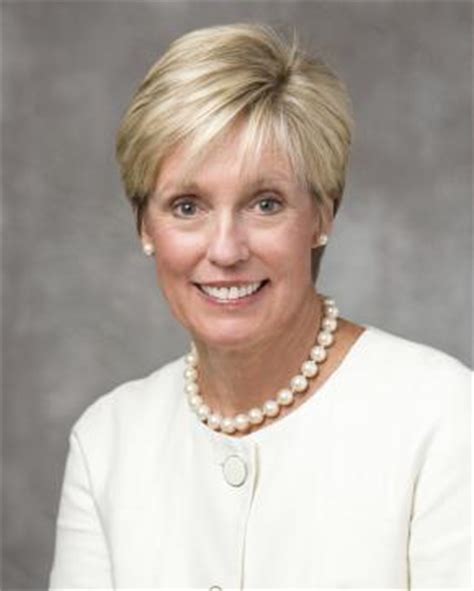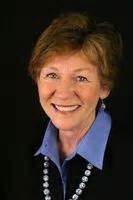A Quote by Michael Sandel
Parental love is not contingent on the talents and attributes the child happens to have. We choose our friends and spouses at least partly on the basis of qualities we find attractive. But we do not choose our children. Their qualities are unpredictable, and even the most conscientious parents cannot be held wholly responsible for the kind of child they have. That is why parenthood, more than other human relationships, teaches what the theologian William F. May calls an “openness to the unbidden.
Quote Topics
Attractive
Attributes
Basis
Calls
Cannot
Child
Children
Choose
Conscientious
Contingent
Even
Find
Friends
Happens
Held
Human
Human Relations
Human Relationships
Kind
Least
Love
Love Is
May
More
Most
Openness
Other
Our
Our Children
Parental
Parental Love
Parenthood
Parents
Partly
Qualities
Relationships
Responsible
Spouses
Talents
Teaches
Than
Theologian
Unpredictable
Wholly
Why
William
Related Quotes
In the space between stimulus (what happens) and how we respond, lies our freedom to choose. Ultimately, this power to choose is what defines us as human beings. We may have limited choices but we can always choose. We can choose our thoughts, emotions, moods, our words, our actions; we can choose our values and live by principles. It is the choice of acting or being acted upon.
A child is not a Christian child, not a Muslim child, but a child of Christian parents or a child of Muslim parents. This latter nomenclature, by the way, would be an excellent piece of consciousness-raising for the children themselves. A child who is told she is a 'child of Muslim parents' will immediately realize that religion is something for her to choose -or reject- when she becomes old enough to do so.
Banning human cloning reflects our humanity. It is the right thing to do. Creating a child through this new method calls into question our most fundamental beliefs. It has the potential to threaten the sacred family bonds at the very core of our ideals and our society. At its worst, it could lead to misguided and malevolent attempts to select certain traits, even to create certain kind of children -- to make our children objects rather than cherished individuals.
Please don't kill the child. I want the child. Please give me the child. I am willing to accept any child who would be aborted, and to give that child to a married couple who will love the child, and be loved by the child. From our children's home in Calcutta alone, we have saved over 3,000 children from abortions. These children have brought such love and joy to their adopting parents, and have grown up so full of love and joy!
I should say tact was worth much more than wealth as a road to leadership.... I mean that subtle apprehension which teaches a person how to do and say the right thing at the right time. It coexists with very ordinary qualities, and yet many great geniuses are without it. Of all human qualities I consider it the most convenient--not always the highest; yet I would rather have it than many more shining qualities.
We might not know we are seeking people who best enrich our lives, but somehow on a deep subconscious level we absolutely are. Whether the bond is temporary or permanent, whether it succeeds or fails, fate is simply a configuration of choices that combine with others to shape the relationships that surround us. We cannot choose our family, but we can choose our friends, and we sometimes, before we even meet them.
I suppose no one is as handsome or as beautiful as he or she wishes, or as brilliant in school or as witty in speech or as wealthy as we would like, but in a world of varied talents and fortunes that we can't always command, I think that makes even more attractive the qualities we can command--such qualities as thoughtfulness, patience, a kind word, and true delight in the accomplishment of another. These cost us nothing, and they can mean everything to the one who receives them.
All men and women are born, live, suffer and die; what distinguishes us one from another is our dreams, whether they be dreams about worldly or unworldly things, and what we do to make them come about... We do not choose to be born. We do not choose our parents. We do not choose our historical epoch, the country of our birth, or the immediate circumstances of our upbringing. We do not, most of us, choose to die; nor do we choose the time and conditions of our death. But within this realm of choicelessness, we do choose how we live.
The answer to our prayer of how to meet our children’s needs may be to more often technologically disconnect. Precious moments of opportunity to interact and converse with our children dissolve when we are occupied with distractions. Why not choose a time each day to disconnect from technology and reconnect with each other? Simply turn everything off. When you do this, your home may seem quiet at first; you may even feel at a loss as to what to do or say. Then, as you give full attention to your children, a conversation will begin, and you can enjoy listening to each other.
Why is fear part of earth life? Perhaps our Heavenly Father’s greatest hope is that through our fears we may choose to turn to Him. The uncertainties of earth life can help to remind each of us that we are dependent on Him. But that reminder is not automatic. It involves our agency. We must choose to take our fears to Him, choose to trust Him, and choose to allow Him to direct us. We must make these choices when what we feel most inclined to do is to rely more and more on our own frantic and often distorted thinking.







